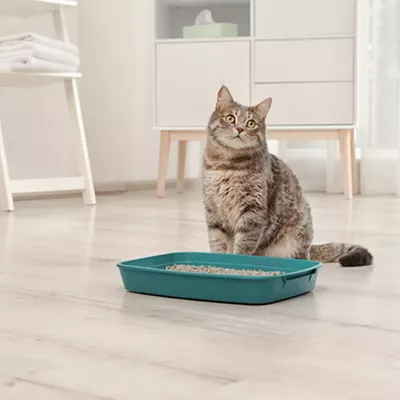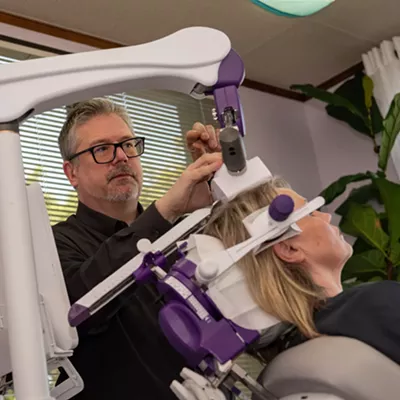W
e human beings are not very peaceful. We have been struggling to make peace with ourselves and others for as long as we have wandered the earth. Aristotle said, "Anyone can become angry. That is easy. But to be angry with the right person, to the right degree, for the right purpose, in the right way, this is not easy." He wrote this in the fourth century BC!In these difficult times, it is most important that we learn tolerance, compassion and understanding. This is clearly not an easy task or we would have figured it out over all these centuries. But I would like to suggest a place to start: questions. If we seek to understand those whose perspectives, whose policies, whose values differ from ours, we can start with curious questions. As a professional negotiator once said, "The purpose of any negotiation is to create doubts in the mind of the other person about their point of view." No one will let you create doubt unless they trust you. And no one will trust you until you understand and respect their point of view.
This is not easy; if it were, the front page of the newspaper would look very different. But we can start with genuine and basic inquiries about difficult topics.
Practice calmly asking questions such as "What are your thoughts about this?" "How would you think we should deal with this problem?" Try saying, "Please help me understand your ideas."
The challenge is to truly listen to another's answers and to put in the effort to see the world through their eyes. If we are to find common ground, then kindness, curiosity and respect are necessary. Benjamin Franklin late in his career realized that approaching others with "decency and politeness" were the necessary conditions for problem-solving. It takes no skill to be harsh, judgmental and dismissive. It takes great courage and wisdom to look for commonalities rather than differences and to see the worth and dignity in each person we encounter whose views differ from our own.
Robert Maurer is a Spokane psychologist, founder of The Science of Excellence and the author of several books including One Small Step Can Change Your Life.
















